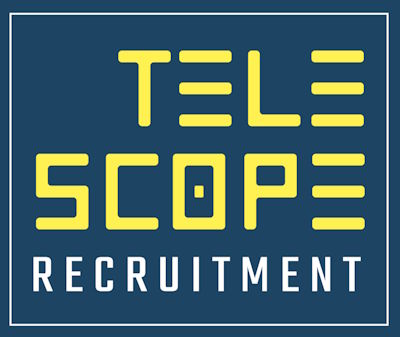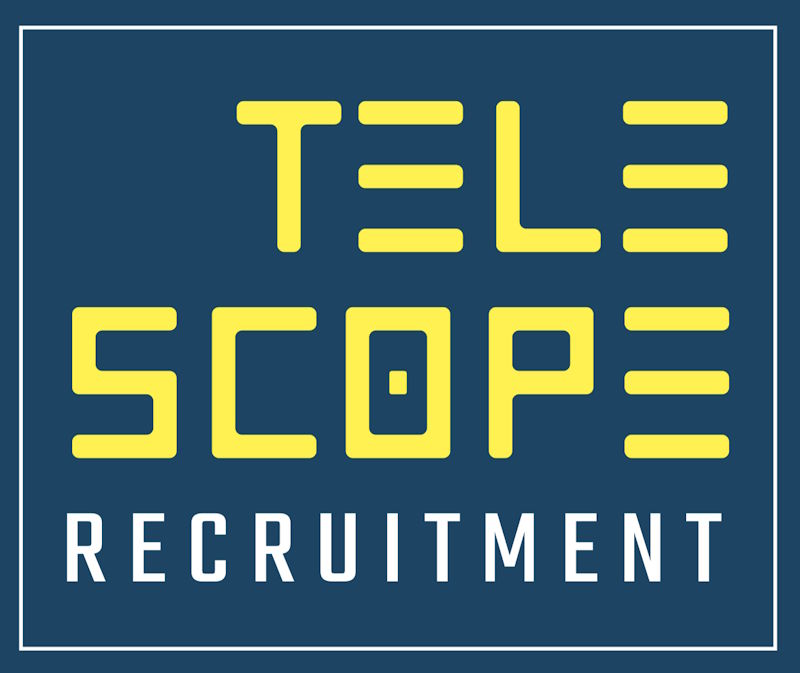In the dynamic landscape of the job market, understanding the different types of job seekers can be invaluable for both recruiters and job seekers themselves. Each type of job seeker has distinct behaviors and motivations, which can influence how they approach job opportunities and how they should be approached by recruiters. Let’s explore the four main types of job seekers: Passive Job Seekers, Active Job Seekers, Monitoring Job Seekers, and Seeking Job Seekers.
Passive Job Seeker
Profile: Passive job seekers are individuals who are generally satisfied with their current employment situation. They make an effort to stay informed about new job opportunities but are not actively looking to switch jobs. They may occasionally browse job listings, update their LinkedIn profile, or attend industry events, but they are not in a hurry to leave their current position.
Motivation: Passive job seekers are typically motivated by potential career advancements, better compensation packages, or more fulfilling job roles. They might also be driven by the prospect of working for a prestigious company or gaining new experiences and skills.
Approach: Recruiters targeting passive job seekers need to adopt a more strategic and subtle approach. Building relationships through networking, personalized communication, and highlighting unique opportunities that align with the individual’s career goals can be effective. Providing information about the company culture, growth opportunities, and benefits can entice passive job seekers to consider a new role.
Active Job Seeker
Profile: Active job seekers are individuals who are currently looking for a new job. They are proactively searching for job openings, submitting applications, and attending interviews. This group includes those who are unemployed, as well as those who are employed but dissatisfied with their current position and actively seeking a change.
Motivation: Active job seekers are driven by the need to find employment quickly, improve their job satisfaction, or advance their careers. They may be motivated by various factors, such as job security, better work-life balance, increased salary, or professional development opportunities.
Approach: Recruiters can engage active job seekers through job postings on various platforms, career fairs, and direct outreach. Clear and compelling job descriptions, transparent information about the application process, and prompt communication can enhance the candidate experience. Offering resources such as resume workshops, interview preparation tips, and career counseling can also attract active job seekers.
Monitoring Job Seeker
Profile: Monitoring job seekers are individuals who keep a close eye on the job market without actively applying for jobs. They regularly check job boards, company websites, and professional networks to stay informed about industry trends and potential opportunities. They are somewhat in between passive and active job seekers.
Motivation: Monitoring job seekers are motivated by the desire to stay prepared for any sudden changes in their current job situation or to be ready to seize an exceptional opportunity. They value being informed and proactive about their career prospects.
Approach: To attract monitoring job seekers, recruiters should focus on maintaining a strong online presence and providing regular updates about new job openings and industry news. Engaging content such as blog posts, webinars, and newsletters can keep these job seekers interested and connected. Encouraging them to join talent pools or subscribe to job alerts can ensure they stay in the loop about relevant opportunities.
Seeking Job Seeker
Profile: Seeking job seekers are highly motivated individuals who are actively and aggressively looking for new job opportunities. They often invest significant time and effort into their job search, applying to multiple positions, networking extensively, and continuously updating their skills and knowledge.
Motivation: Seeking job seekers are driven by the need for immediate employment, career advancement, or a significant change in their professional life. They are often looking for roles that align closely with their career goals, values, and aspirations.
Approach: Recruiters should prioritize clear, concise, and engaging communication with seeking job seekers. Providing detailed job descriptions, fast-tracking application processes, and offering personalized support can help attract these candidates. Additionally, showcasing success stories of past hires and highlighting career development opportunities within the organization can make a strong impression on seeking job seekers.
Conclusion
Understanding the diverse types of job seekers is crucial for both job seekers and recruiters. By recognizing the unique motivations and behaviors of Passive, Active, Monitoring, and Seeking Job Seekers, recruiters can tailor their strategies to effectively attract and engage the right talent. Similarly, job seekers can better understand their own search behavior and leverage appropriate resources and approaches to achieve their career goals. Whether you’re a recruiter or a job seeker, staying informed and adaptable in the job market is key to success.
Partnering with Telescope Recruitment means embracing a visionary approach that illuminates your path to success. Together, we will reach new heights and create constellations of success that shine brightly in the cosmic realm of recruitment. Join us today and experience the difference we can make for your organization or career.





